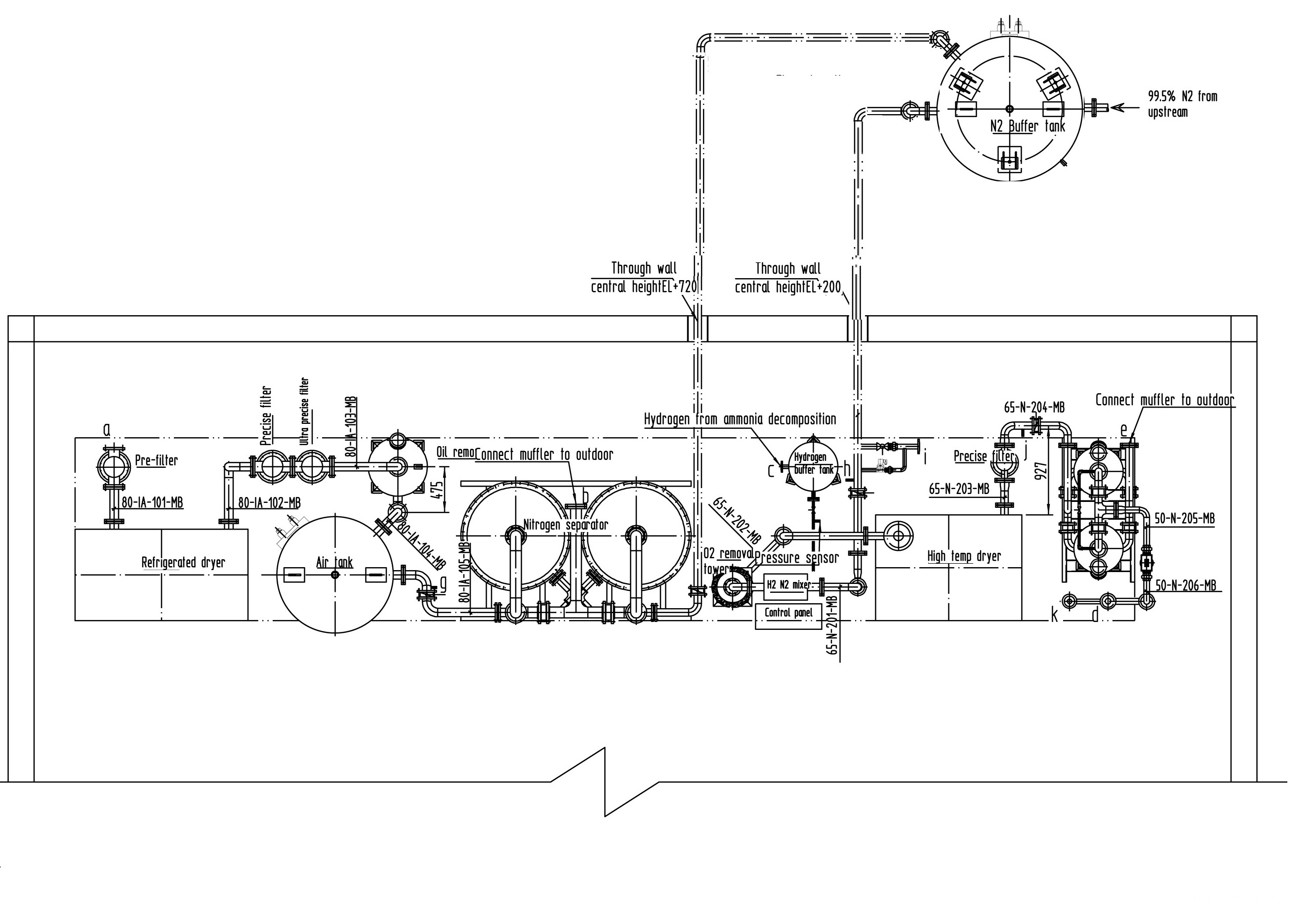The domain wall caused by dislocations in double-layer graphene is a one-dimensional system with soliton properties, and its unique structure makes the one-dimensional system have unique electrical and optical properties. Quantum Holzer boundary states with topological protection in this one-dimensional system have been observed experimentally. The quantum Hall boundary states exist in the domain walls caused by all dislocations in double-layer graphene. However, the domain walls along different lattice directions have different local atomic structures, which makes the domain walls have different soliton types. Therefore, it may lead to different electrical, mechanical and optical properties. However, the interaction between two-dimensional graphene-based excitons and one-dimensional different types of solitons may also lead to novel physical phenomena. Recently, Chinese Academy of Sciences Institute of Physics / Beijing Condensed Matter Physics Laboratory (chips) N04 group of PhD students Jiang Lili, Chinese Academy of Sciences Gao Hongjun and the University of California at Berkeley Shi Zhiwen, Wang Feng and others, the use of near The field infrared nanometer microscopy observed the rich and colorful domain wall patterns existing in the mechanically peeled double graphene. It was confirmed that the imaging mechanism of the domain walls in the near-field optical image is the surface plasmon in graphene Reflections at the wall. At the same time, it was found experimentally that the surface plasmon reflection behavior strongly depends on the type of soliton of the domain wall. The surface plasmon polaritons have distinctly different reflection phases at two different domain walls, shear and tensile Reflect the intensity, and can experimentally regulate the reflection behavior of the surface plasmon by the gate voltage. The results confirm the regulatable coupling between surface plasmon and one-dimensional domain wall solitons in double-layer graphene and provide a new method for controlling surface plasmon in nanoscale graphene. Relevant work was published in the recent "Nature - Material" (840 844 (2016)). This work has been supported by the National Natural Science Foundation, the Ministry of Science and Technology and the Chinese Academy of Sciences. Figure 1. The domain walls in bilayer graphene are imaged using near-field infrared nanoscopic imaging. (a) Schematic representation of near-field infrared nano-imaging technique; (b) AFM height map of bilayer graphene; (c) Corresponding near-field optical image. Figure 2. (a) - (c) colorful domain wall structures in bilayer graphene. (D) - (e) Schematic diagram of the microstructure of two ultimate domain walls, shear and tensile. Figure 3. (a) Modulation effect of gate voltage on the plasmon reflection behavior at both shear and tensile domain boundaries; (b) Contour line along the white dashed line of Figure (a) at different gate voltages. High Purity Nitrogen Generator
High Purity Nitrogen Generator is one kind of skid nitrogen can produce nitrogen with purity up to 99.9999%. This nitrogen generator includes one 99.5% purity nitrogen generator and one 99.999% purity nitrogen purifier. It is a good way to achieve high purity nitrogen with low energy consumption. It is easy for ocean transportation, no need for site installation. When machine reach site, just need to put the machine on flat ground, connect power and gas pipeline, then one simple push on starting button makes the nitrogen generator begin to work.
Step one: 99.5/99.9% purity nitrogen generator
This nitrogen generator is the Standard Nitrogen Generator supplied by Gamma. It has Air Compressor , air treatment part, air tank, nitrogen separator and nitrogen buffer tank. It is normally installed on one skid, so this nitrogen generator is also called Skid Nitrogen Generator. After this purity nitrogen is produced, the nitrogen goes to nitrogen purifier.
Step two: nitrogen purifier
The principle of nitrogen purifier is adding hydrogen or carbon to the produced nitrogen. In this way, the oxygen acts with hydrogen to generator water and oxygen is removed. Chemical formula is as
below:
2H2+O2==2H2O+Q
During the process of removing
oxygen, water will be generated. In order to reduce the dew point of produced
nitrogen, there are cooler, Adsorption Dryer , filtration dust removal devices
in the system, used to remove water, dust, etc to get high purity clean
nitrogen.
High Purity Nitrogen Generator,High Purity N2 Generators,High Purity Psa Nitrogen Generator Shandong Gamma Gas Engineering Co. Ltd. , https://www.gammagases.com
